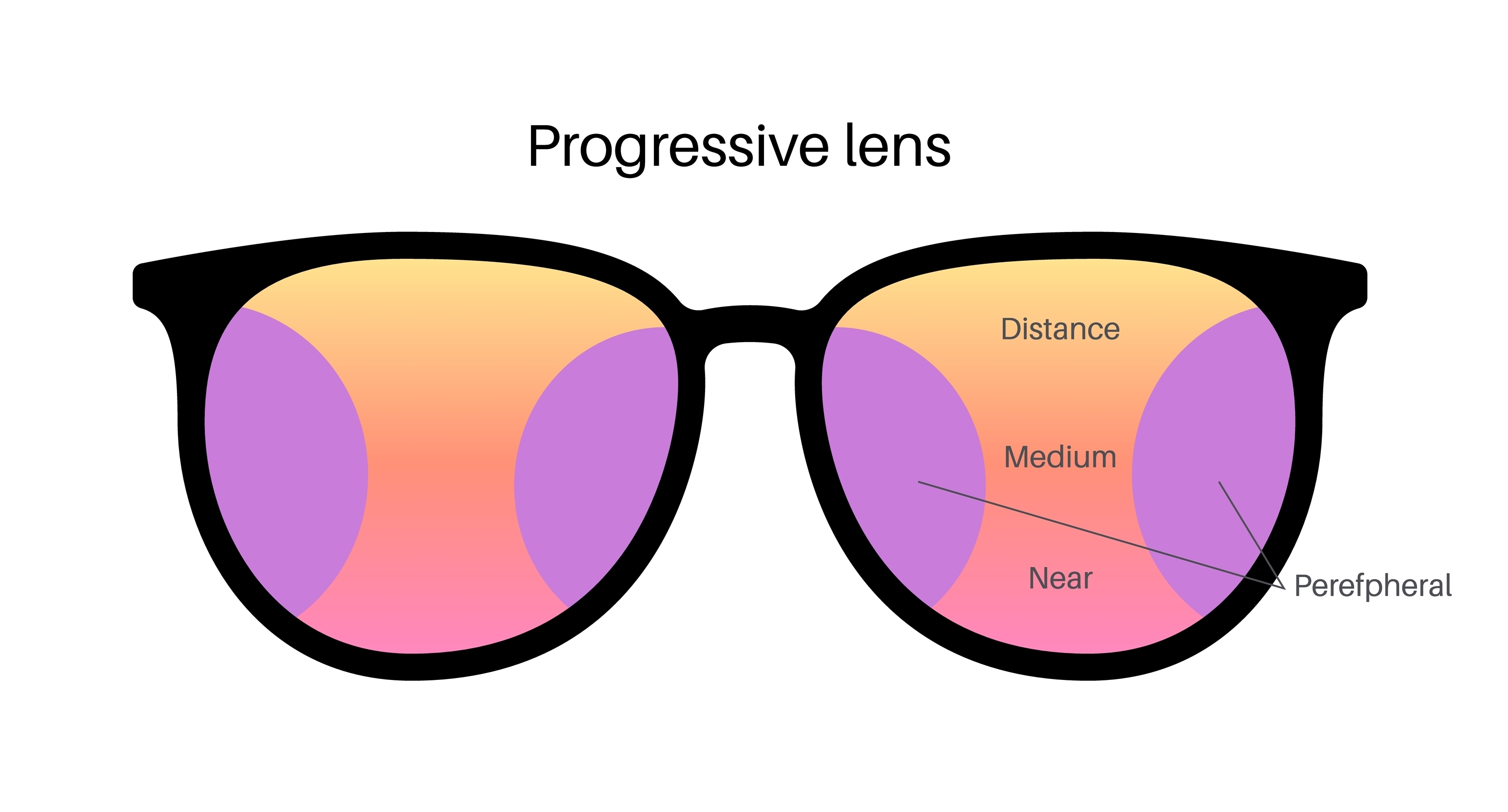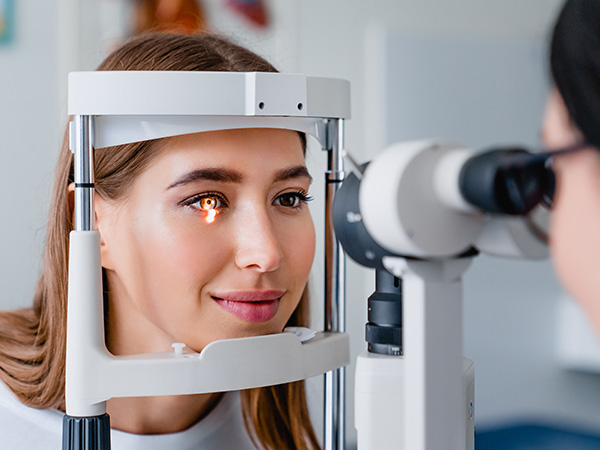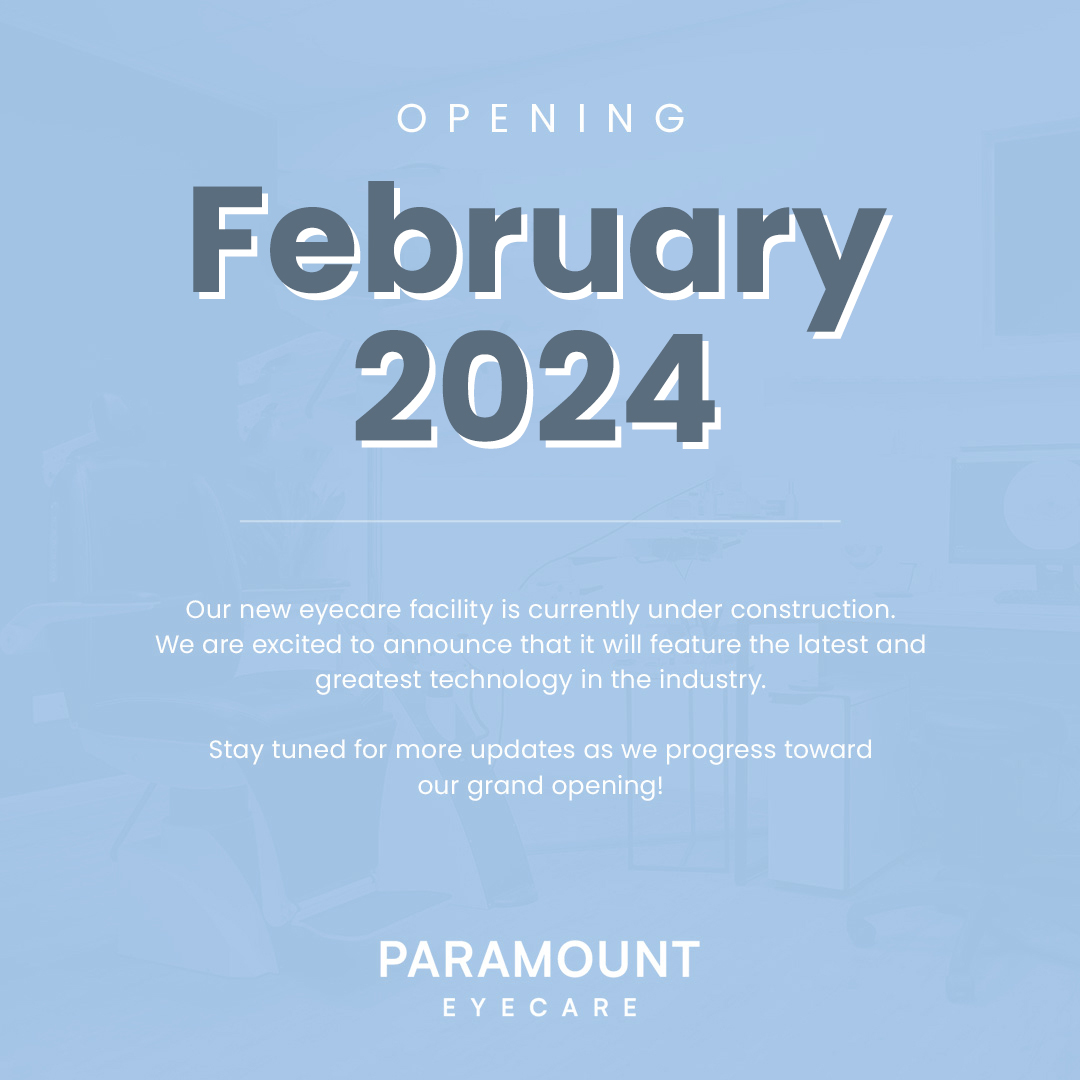
Understanding your options so you can see clearly at every distance.
P.S. If you’re under the age of 40 you can skip this blog 😉
Choosing the right pair of glasses isn’t just about the frame, it’s also about the lenses too. One of the most common questions we get in the office is: “Do I need progressive lenses?” The answer depends on your age, lifestyle, and vision needs. Let’s break it down.
What Are Single Vision Lenses?
Single vision lenses correct for one activity: either distance, intermediate (like computer use), or near (reading). They’re the most common type of lens and are usually recommended for:
Children and young adults
People with only distance or only reading prescriptions
People who weren’t able to adapt to Progressives
Pros:
Affordable and simple
Easy to adjust to
Available in most all frames without limitation on size
What Are Progressive Lenses?
Progressive lenses correct for multiple distances—near, intermediate, and far—all in one lens. They offer a smooth (blended), gradual “progression” between powers, without the visible line you’d see in traditional bifocals.
These lenses are great for:
Adults over 40 experiencing presbyopia (age-related difficulty focusing up close)
People who want to avoid switching between different pairs of glasses (Distance and Near)
Anyone who needs help seeing clearly at a range of distances (reading, computer, driving, etc.)
Pros:
Seamless, natural vision at all distances
No need to carry multiple pairs of glasses
More discreet than lined bifocals or trifocals
How to Choose What’s Right for You
Ask yourself a few questions:
Are you over 40 and struggling to see up close?
You may benefit from progressive lenses.Do you only need glasses for reading or distance?
Single vision lenses might be all you need.Do you spend a lot of time switching focus (e.g., driving, working on a computer, reading)?
Progressives can provide a more convenient, all-in-one solution.Are you new to glasses or want something easy to adapt to?
Single vision lenses are simpler to start with.Are you struggling to see near and far at the same time, or frequently taking your glasses off and on?
Progressives may be right for you
Let’s Talk About Comfort and Fit
Progressive lenses take a little time to adjust to, since your eyes are learning how to find the correct zone of focus in the lens. Most patients adapt within a few days to a couple of weeks. If you’ve tried progressives before and didn’t like them, new lens designs have improved comfort, clarity, and peripheral vision. Our office has some of the most technologically advanced progressive lens designs available on the market, with guaranteed satisfaction. If you are unable to adapt to the progressive lenses even with the best of the best, we will remake your glasses into something for functional and comfortable, whether that be single vision or a lined bifocal if needed.
Still Not Sure? We Can Help.
Every patient is unique, and your lifestyle and visual habits matter just as much as your prescription. During your eye exam, we’ll walk you through your options and help you decide what makes the most sense for your eyes.








